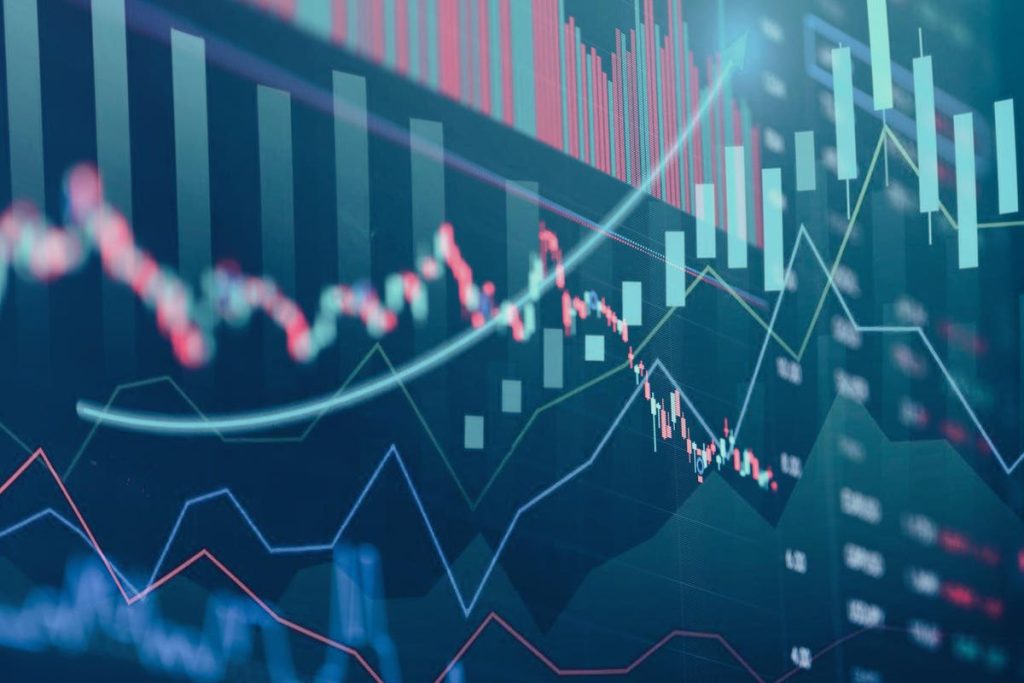Stock market indicators are back at extreme or practically extreme levels, suggesting that a topping process is underway. These metrics tend to be confirmed by the “upgrades” to tech stocks now being announced by the major investment banking firms. The latest “even higher” price targets are a clue for those who study markets closely.
Such indicators often seem to go against the grain of the investment news headlines of the day and that’s what makes them valuable. They have a built-in contrary vibe when levels like this are reached, and the denial about their meaning is often heavy duty. Take a look at these charts.
Stock Market Extreme Indicators
Here is the point-and-figure chart for the Volatility Index:
It’s known among market participants as “the fear index” because it tends to rise when investors decide to unload stocks when there’s something about the economy or the world that seems troubling.
It tends to fall — as it has recently — when investors feel comfortable enough to keep buying stocks. That inflation seems to be cooling is the likely explanation for the remarkably low level right now of the Volatility Index, a level often associated with market highs.
Here’s the point-and-figure chart for the CBOE Equity Put/Call Index:
Calls are bets that equities will go up in price. Puts are bets that they’ll go down in price. This put/call ratio is now at very low levels, indicating that investors are buying more calls and not so many puts.
In other words, the general sense is that stocks will continue to rise and there’s not that much to worry about. Similar to the Volatility Index, when the put/call ratio gets this low, it can be a sign that stock market lows are in place or close to it.
Here’s the S&P 500 Bullish Percent Index point-and-figure chart:
The chart represents the percentage of stocks in bullish point-and-figure patterns: the low end of the range, seen in mid-to-late 2022, is 12%. The high end of the range is 82% in mid-2021. Right now, it’s at just under 80%, the previous high for 2023 and 2022.
That it’s sitting at the high end of the range suggests an amount of bullishness typically associated with market tops. It’s an imperfect measure, certainly — that’s why it’s important to consider it along with the other factors.
This is the point-and-figure chart for the Nasdaq 100 bullish percent index:
At 80% of index stocks with point-and-figure bullish patterns, it’s up there in the high end of the range. Note that in mid-2022, the low was just 10%, so Nasdaq-100 components, taken as a whole, have come a long way. To be sure, this one could become even more extreme given the extraordinary strength in the tech sector.
The Dow Jones Industrial Average bullish percent point-and-figure chart looks this way:
It’s risen to the upper end of the range but not with the power of the Nasdaq-100 stocks. Dow components could be catching up in “the rally is broadening out” sense, but that remains to be seen.
The CBOE 3-Month US Treasury Yield point-and-figure chart is here:
It’s not a stock index but interest rate levels are definitely related to the performance of equities. The chart shows basis points: the yield is up there at 5.248% and it’s broken above a long-term downtrend line. To be bullish for stock markets, this yield would need to be coming back down to earth, eventually. Maybe it will.
Read the full article here









